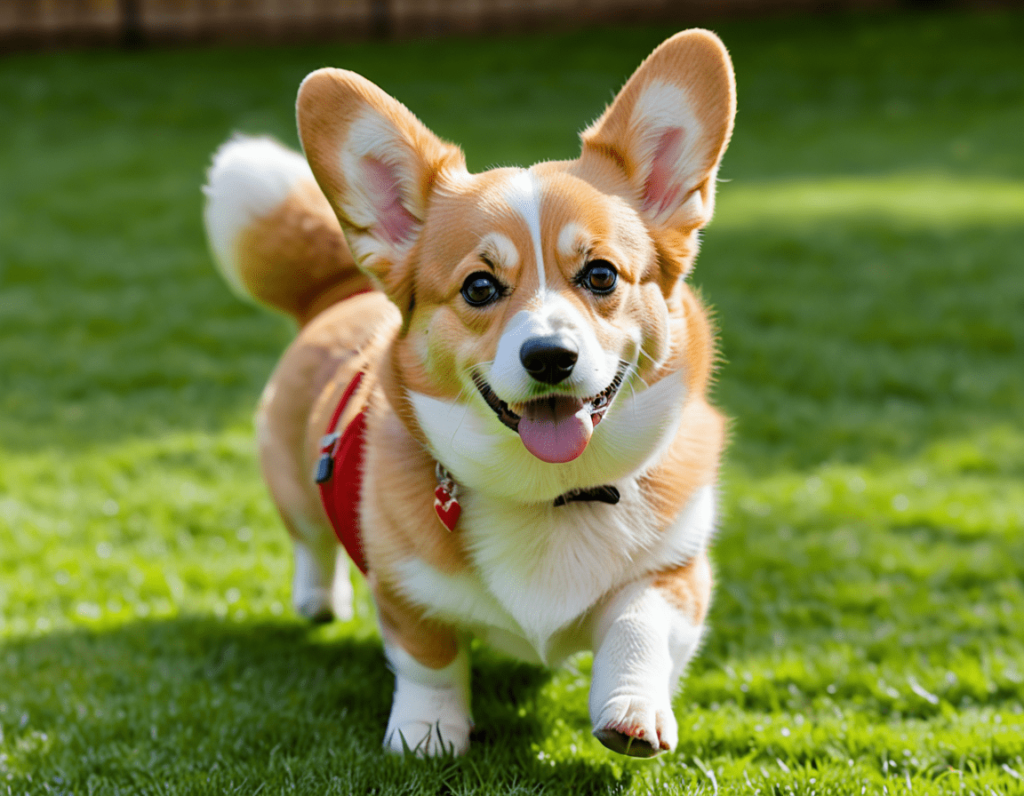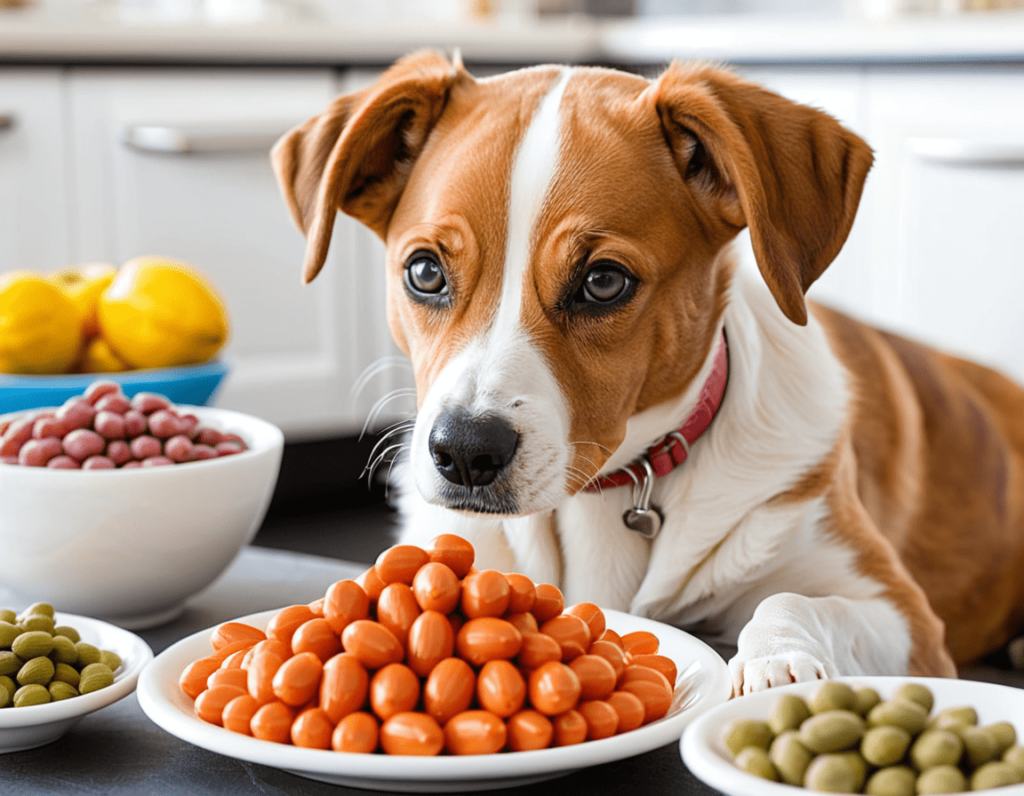Socialization for Puppies:
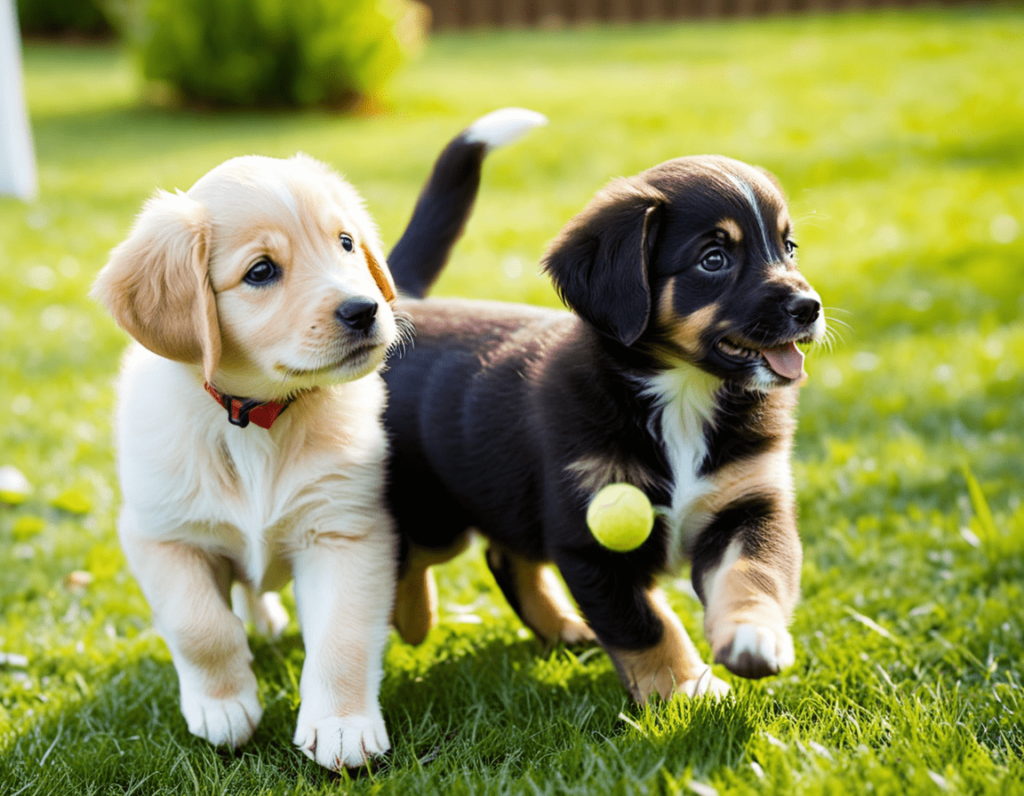
If you’re the proud new parent of a puppy, congratulations! You’re in for a whirlwind of cuteness, mischief, and a whole lot of learning. One of the most important things you’ll tackle in the early days is socialization. Socialising your puppy is all about exposing them to the world in a way that’s safe, fun, and helps them grow into a confident adult dog. Let’s dive into how to help your pup become the outgoing, well-mannered dog you’ve always dreamed of—without turning into the neighbourhood wild child!
What Is Puppy Socialisation?
Socialisation is the process of helping your puppy learn about the world around them. Puppies are naturally curious, and between the ages of 3 and 14 weeks, they’re especially open to new experiences. This is the “socialization window,” when they’re most receptive to learning about different sights, sounds, people, and animals. Think of it like their first big adventure—a time to experience the world so they can approach new situations with calm, curiosity, and friendliness.
Why Socialization Matters
A well-socialized puppy is less likely to be fearful, anxious, or reactive as they grow older. Socialization also helps your pup develop essential skills for meeting other dogs and people, which will come in handy on walks, trips to the park, or even at the vet. Proper socialization can prevent issues like barking at strangers or being aggressive with other animals, and it gives your pup the best chance of living a happy, relaxed life.
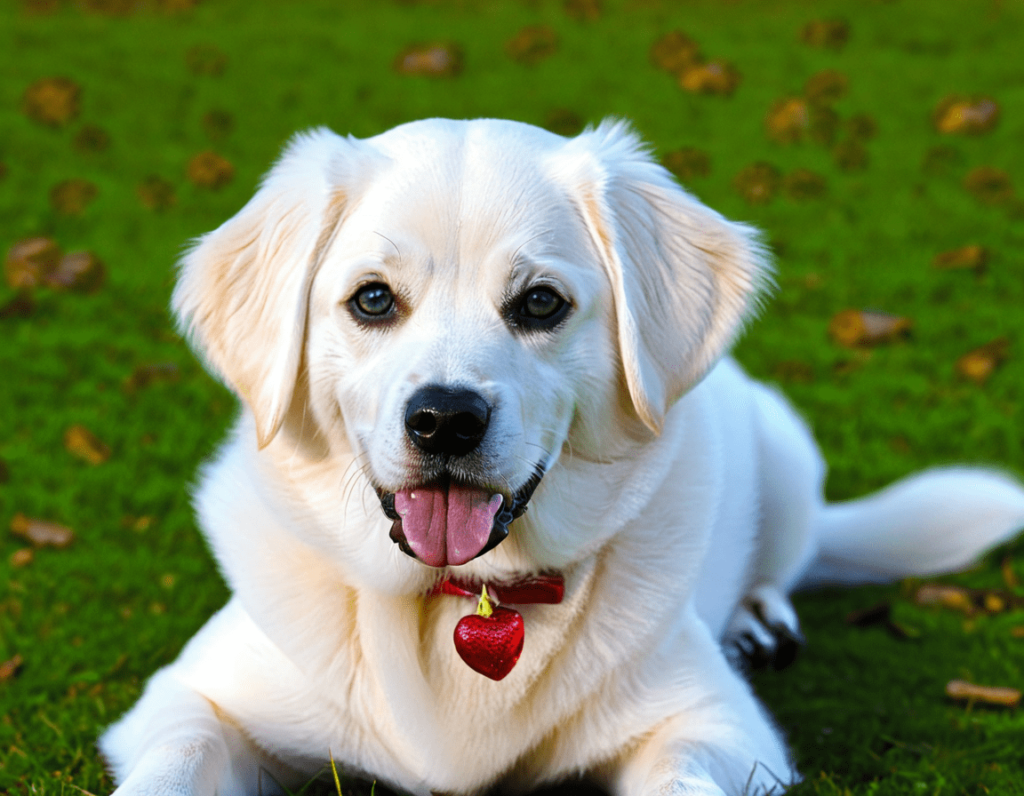
Tips for Socializing Your Puppy
Socialisation doesn’t need to be a daunting task. Here are some simple, effective ways to expose your puppy to the world and help them become a confident, friendly companion.
1. Introduce Them to Different People
Exposing your puppy to different people—big, small, young, and old—helps them get comfortable with all kinds of humans. Let them meet people wearing hats, sunglasses, or carrying bags. The more variety, the better!
Pro Tip: If your puppy’s first reaction is a little shy or unsure, give them a treat and praise them when they approach people willingly. (And if they love every human they meet, well, you’ve got yourself a future social butterfly!)
2. Expose Them to New Sounds and Environments
Car honks, doorbells, and vacuum cleaners may seem normal to us, but they’re big, noisy surprises for a puppy. Help them adjust by playing different sounds at low volumes and gradually increasing the noise as they get used to it. For sights, try taking short car rides or even just walking them around the backyard.
3. Let Them Meet Other Dogs
Meeting other dogs is a big part of socialization. Start by introducing your pup to calm, well-behaved dogs you know. Avoid dog parks until they’ve had all their vaccines (your vet can give the green light). Puppy classes are also great for meeting new dog friends in a safe environment.
Warning: Be prepared for a few barks, tail wags, and some adorable butt-sniffing—it’s all part of the doggie, hello!
4. Expose Them to Different Textures and Surfaces
Puppies need to learn about different surfaces, so let them walk on grass, gravel, sand, tile, and even the occasional puddle. This will help them feel comfortable walking anywhere, whether it’s on a hike or in a bustling city.
Pro Tip: Some puppies are suspicious of surfaces like metal grates or slippery floors. Take it slow and give them treats as they get used to each new texture. They’ll be prancing on everything in no time!
5. Handle, Handle, Handle!
Get your puppy used to being touched all over, including their paws, ears, and mouth. This will make vet visits and grooming sessions way easier down the road. Practice gently lifting their paws, touching their ears, and even opening their mouth (just a peek!). Reward them with treats and praise, and keep it fun!
Funny Moment: You may discover that some puppies think the vacuum is their worst enemy. No worries—it’s a rite of passage for many dogs!
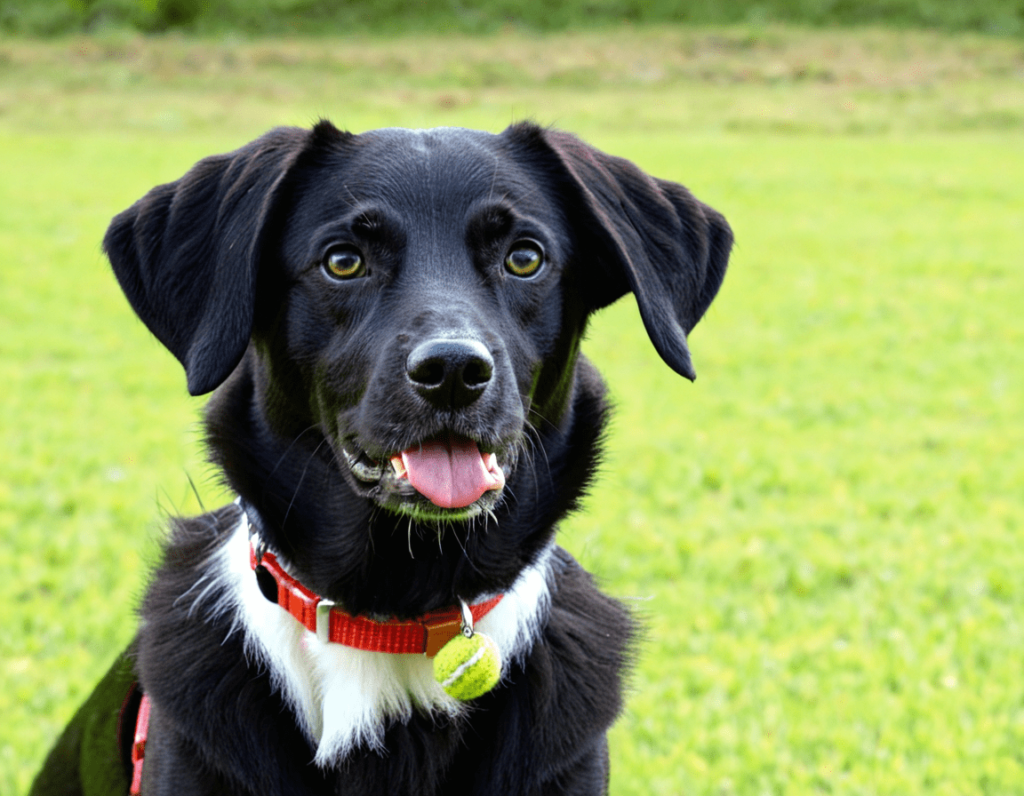
Common Puppy Socialization Challenges
Socialising a puppy isn’t always a breeze—sometimes they get nervous, and other times, they act a little too excited. Here’s how to tackle a few common socialisation bumps:
Problem: Puppy seems scared of new experiences.
Solution: Don’t force them. Let them approach at their own pace and reward them for being brave. They’ll get more comfortable with time.
Problem: Puppy is too energetic when meeting new people or animals.
Solution: Teach basic commands like “sit” and “stay” to help them stay calm. Ask people to greet your puppy only when they’re sitting politely.
Problem: Puppy barks at everything they see!
Solution: This can happen when a puppy is overwhelmed or nervous. Stay calm, don’t make a fuss, and let them get used to their surroundings. Praise and reward calm behaviour.
Socialization Checklist for Puppies
Here’s a quick checklist of things to introduce your puppy to during their socialisation window. Remember, this should be a fun process, not a race. Go at your pup’s pace and always offer praise and treats for calm behaviour.
People: babies, kids, adults, elderly, people in uniforms, people with different accessories like hats, glasses, or canes.
Animals: Other dogs, cats (if possible), birds, and other pets in controlled settings.
Sounds: doorbells, vacuum cleaners, car engines, thunderstorms, sirens, and even fireworks (from a safe distance).
Places: Different rooms in your home, the backyard, the sidewalk, parks, pet stores, and car rides.
Objects: bikes, strollers, skateboards, and umbrellas. Anything that moves differently or might be new to them!
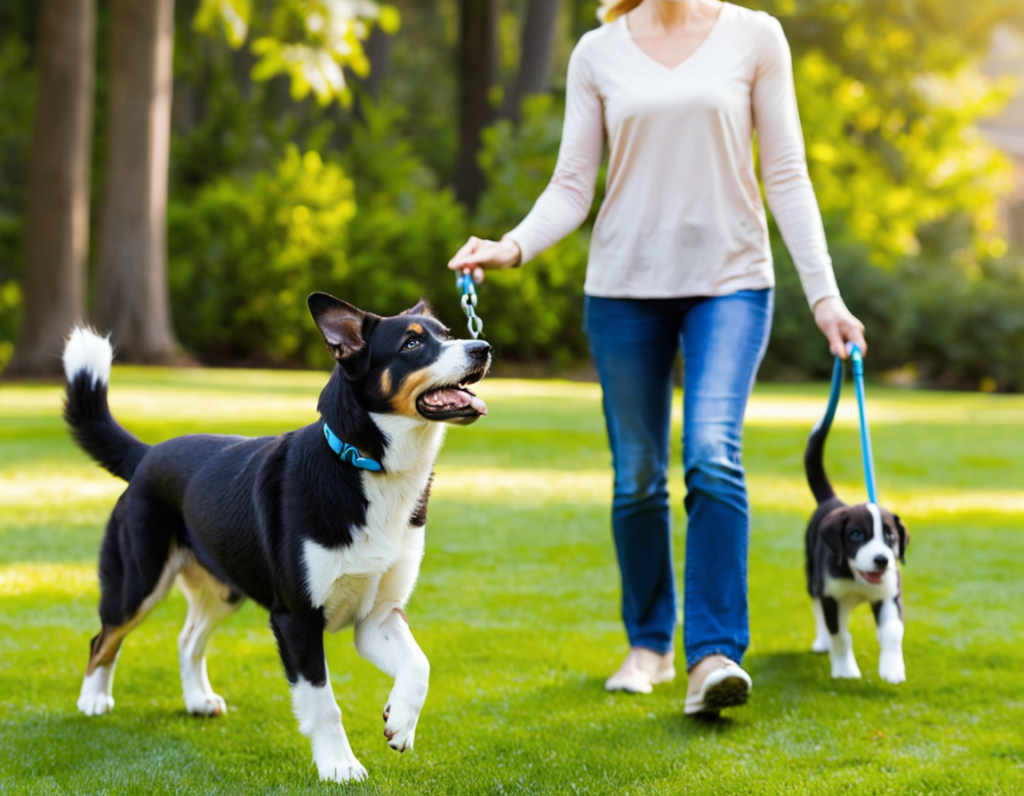
FAQs about Puppy Socialisation
1. What is puppy socialisation?
Puppy socialisation is the process of exposing your puppy to various people, animals, environments, sounds, and experiences in a safe and positive way to help them grow into a confident and well-adjusted adult dog.
2. Why is socialisation important for puppies?
Proper socialisation helps prevent fear, anxiety, and aggression in adulthood. It teaches puppies how to interact appropriately with others and adapt to new situations.
3. When should I start socialising my puppy?
Socialisation should begin as early as 3–14 weeks of age. This period is a critical developmental stage where puppies are most receptive to new experiences.
4. How do I socialise my puppy before they’re fully vaccinated?
You can start with controlled environments like your home, backyard, or puppy classes designed for unvaccinated pups. Avoid high-traffic dog areas until your puppy is fully vaccinated.
5. What are some key experiences to expose my puppy to?
Different people (children, adults, people in uniforms)
Other dogs and animals (under supervision)
Various surfaces (grass, tile, carpet, gravel)
Common sounds (vacuum cleaner, doorbells, traffic)
New environments (parks, shops, sidewalks)
6. Can I oversocialize my puppy?
Yes, too much too soon can overwhelm your puppy. Always introduce new experiences gradually and monitor their comfort level.
7. What if my puppy is scared during socialisation?
Don’t force interactions. Use positive reinforcement (treats, praise) to build confidence and allow them to approach at their own pace.
8. Is it too late to socialise my puppy after 16 weeks?
While it’s best to socialise during the critical early period, it’s never too late. Socialisation may take more time and patience with older puppies or dogs.
9. What are the signs of a well-socialised puppy?
A well-socialised puppy is generally confident, curious, and calm in new situations. They interact politely with people and other animals and adapt well to change.
10. Should I hire a professional for puppy socialisation?
If you’re unsure or facing challenges, a professional trainer or behaviourist can provide guidance tailored to your puppy’s needs.
11: Can I start socialising my puppy before they’re fully vaccinated?
A: Yes, but be careful! You can socialise your puppy at home and with healthy, vaccinated dogs. Avoid high-traffic dog areas (like parks) until they’re fully vaccinated to reduce the risk of illness.
12: What if my puppy is too shy?
A: Some puppies are naturally cautious. Socialise them at their pace, celebrate small victories, and keep things positive. Patience and consistency are key!
13: My puppy barks a lot when they’re around new things—should I be worried?
A: It’s normal! Some puppies bark when they’re unsure or excited. Practice calming commands like “sit” and “stay,” and give them lots of praise when they stay quiet.

